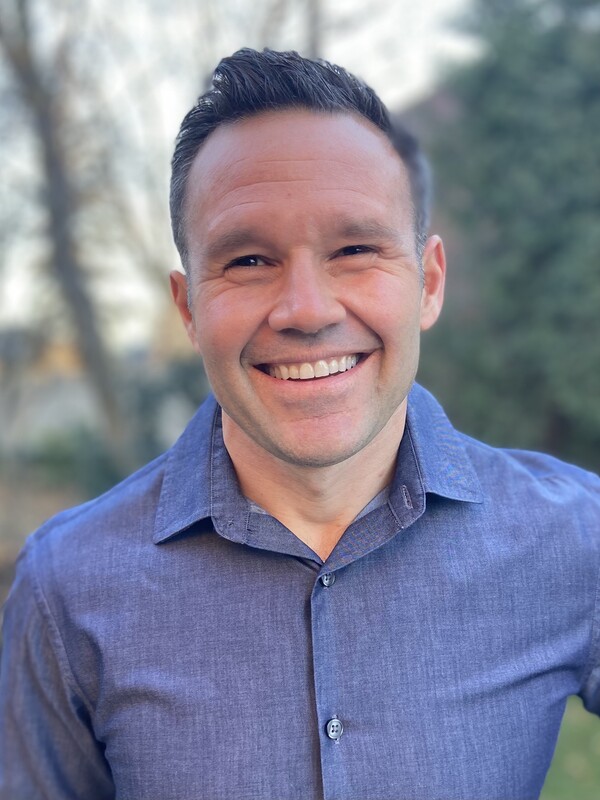
When developing the team to support our Network, it was clear that our Scientific Steering Committee would need a Family and Community Health & Engagement Lead who understood the diverse needs of Peel Region. Dr. Ian Zenlea, a pediatric endocrinologist and clinician scientist at Trillium Health Partners and the Institute for Better Health, was the perfect fit.
Zenlea leads the Family and Child Initiative at the Institute for Better Health, a community-based participatory research program aimed at “co-designing, implementing and evaluating interventions alongside partners to improve the health and wellness of children and families in the communities where they live.”
His passion for supporting children came about because of his asthma diagnosis as a child. “I wanted to improve the experience of children receiving care or having a chronic disease, so I was drawn to medicine at an early age. It was the only career I ever really considered,” says Zenlea. Now, as a researcher, he is dedicated to making the world better for children, youth and families. “I wanted to engage people with lived experience to impact the health system and improve the health of communities and populations.”
The understanding that he needed to move beyond the clinic to have a larger impact led to the development of the Family and Child Initiative and Zenlea’s participation with the Novo Nordisk Network for Healthy Populations. He wanted to find ways to extend healthcare beyond the healthcare system, bringing whole health to the communities where people live.
“The research that I do is specifically focused on engaging diverse communities who are often marginalized or vulnerable. I’m focused on creating more equitable health services and health systems to foster thriving children, youth, and families in our region.”
The Network for Healthy Population’s focus on collective impact is highly appealing to him, as it aligns with his core values around having a broader community impact and empowering diverse communities by building capacity for research and advocacy. Zenlea appreciates the work being done to mobilize communities for action and elevate their voices in the work rather than adopting a more traditional, top-down approach where the researcher is at the head of the table.
As the Network develops, Zenlea hopes to see the healthcare system working alongside the Peel community to address issues that have a significant impact on health outcomes, like poverty, food insecurity, precarity of employment, racism and systemic discrimination. “It would be exciting for me to see a proactive system focused on prevention, rather than a reactive system focused on acute care, which is the system we tend to have. We design a healthcare system for sick people—I want to design a health system to keep people healthy and prevent chronic disease,” he says. “I’d like to see more focus on people supporting people to be healthy and thrive.”